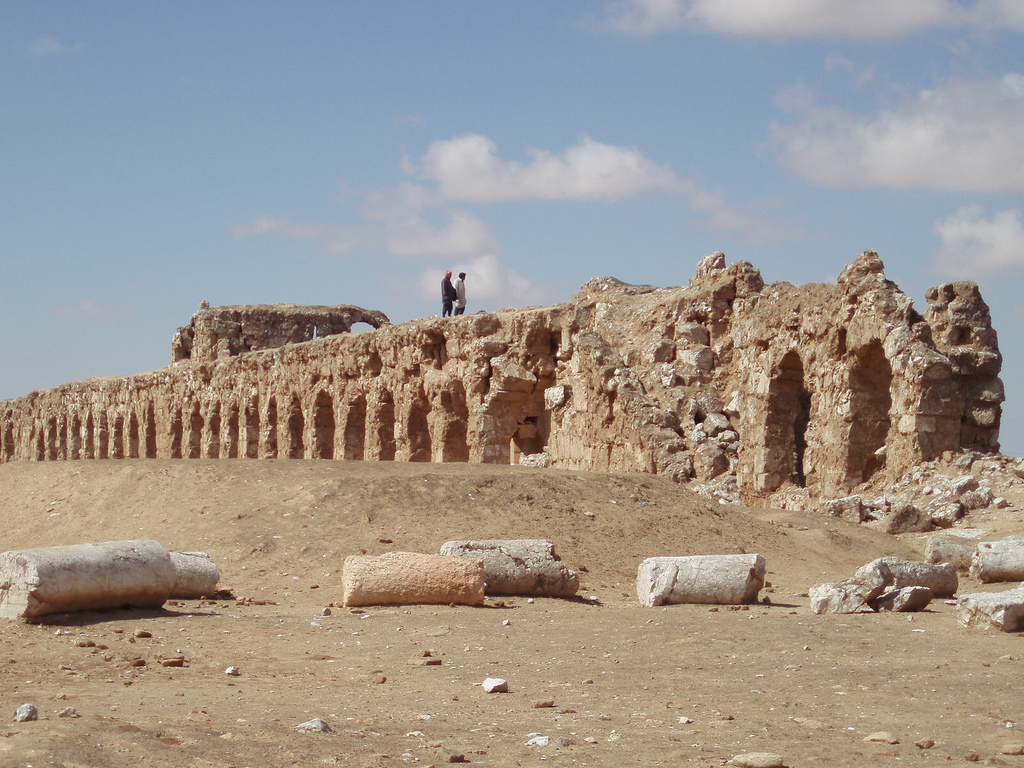
Syria, Climate Change and the Horror in Paris
As the world mourns those who died in Paris last week in a killing spree for which the Islamic State in Iraq and Syria (ISIS) has claimed responsibility, reporters and commentators have been discussing the motivations behind the attacks. I'm not sure that any so far has considered whether one can draw a straight line from a severe drought in Syria to these mass killings. My own answer is that if the line is there--and I think it is--then it has taken many twists and turns before arriving in Paris.
November 23, 2015 | Source: Community Solutions | by Kurt Cobb
As the world mourns those who died in Paris last week in a killing spree for which the Islamic State in Iraq and Syria (ISIS) has claimed responsibility, reporters and commentators have been discussing the motivations behind the attacks. I’m not sure that any so far has considered whether one can draw a straight line from a severe drought in Syria to these mass killings. My own answer is that if the line is there–and I think it is–then it has taken many twists and turns before arriving in Paris.
Even so, it might be worthwhile for those who will soon be gathering in this bereaved city in order to negotiate a new worldwide climate treaty to understand any such connection. For in the background behind these events, there is a Syria starved of water almost surely because of climate change.
A study released earlier this year suggested that the first link in the causal chain that led to the current conflict in Syria was a severe drought lasting from 2006 through 2009, a drought that yielded some of the strongest evidence yet for the link between climate change and increasingly extreme droughts.
As The New York Times reported last March:
Some social scientists, policy makers and others have previously suggested that the drought played a role in the Syrian unrest, and the researchers addressed this as well, saying the drought “had a catalytic effect.” They cited studies that showed that the extreme dryness, combined with other factors, including misguided agricultural and water-use policies of the Syrian government, caused crop failures that led to the migration of as many as 1.5 million people from rural to urban areas. This in turn added to social stresses that eventually resulted in the uprising against President Bashar al-Assad in March 2011.
So, climate change is not a sufficient explanation for the Syrian conflict nor for the ugly and brutal attacks on French civilians. In fact, ISIS had been threatening France long before the French military joined the conflict in late September. Nevertheless, climate change appears to be the first link in a long chain of events involving a myriad of groups and countries that ultimately led to the attacks in Paris, attacks believed to be in retaliation for French airstrikes on ISIS.
It is not that climate change causes people to be violent so much as it exacerbates their violent tendencies. Lack of water and the failure of harvests can make people very, very angry–angry and susceptible to those who promise revenge against the perceived perpetrators of their problems.
